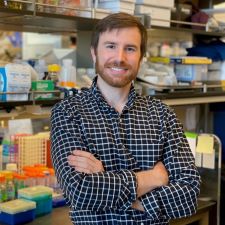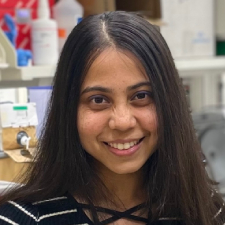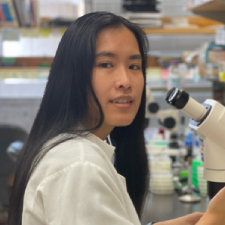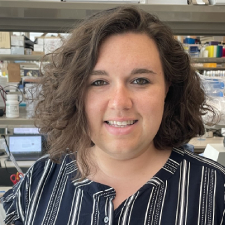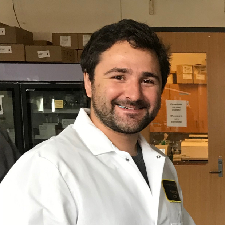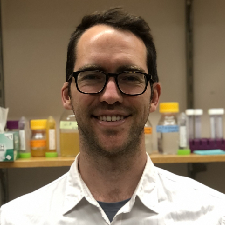Cancer cells adapt their metabolism to achieve rapid growth and proliferation. Much of their metabolic malleability hinges on mitochondria, subcellular hubs for energy transformation and biosynthesis. As a key means to control mitochondrial composition and meet metabolic demands, cells mark mitochondrial proteins for degradation by a process called ubiquitylation. How both cancerous and healthy cells direct and monitor mitochondrial ubiquitylation remains poorly understood. Dr. Sheetz [HHMI Fellow] aims to dissect the cellular machinery that performs mitochondrial ubiquitylation and determine how this process promotes metabolic adaptability in cancer cells. A major translational goal is to identify approaches for tuning the levels of mitochondrial ubiquitylation in tumors and in metabolic disorders that put patients at risk for cancer. Dr. Sheetz received his PhD from Yale University, New Haven and his BS from the University of North Carolina, Chapel Hill.

